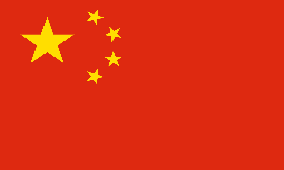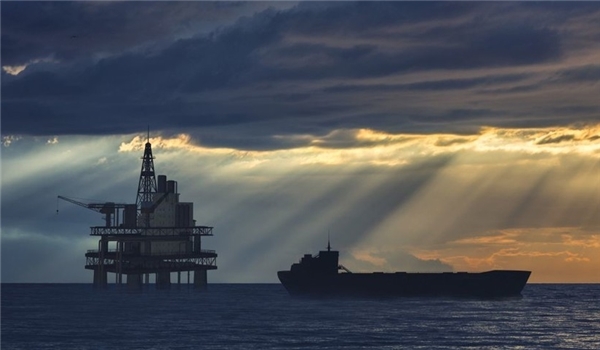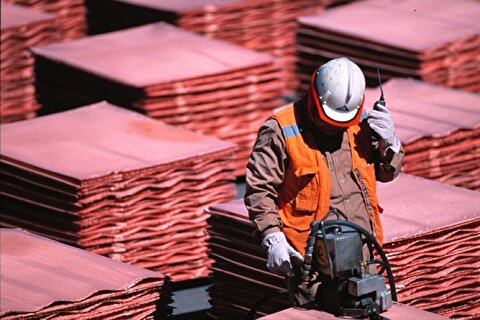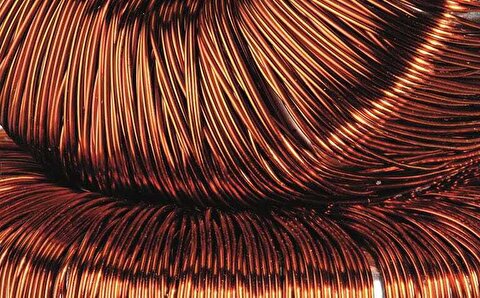
China, Hong Kong Reject US Warning on Iran Oil Shipment

In a Wednesday statement, a spokesman for Chinese Ministry of Foreign Affairs reiterated Beijing’s opposition to the US imposition of “unilateral sanctions and so-called long arm jurisdiction”, The South China Morning Post reported.
“The normal energy dealings between Iran and the international community, including China, that is within the framework of international laws, are reasonable, lawful, and should be respected and protected,” the statement added.
The response came a day after Washington warned Hong Kong to be on the lookout for the Pacific Bravo carrying Iranian oil that may seek to stop in the Asia financial hub, and stressed that any entity doing business with the vessel “would be exposing themselves to US sanctions”.
The Pacific Bravo is owned by China’s Bank of Kunlun, which has been the main official channel for money flows between China and Iran amid US sanctions on Tehran. It is majority-owned by China National Petroleum Corp’s listed financial arm, CNPC Capital.
Meanwhile, the Hong Kong Commerce and Economic Development Bureau noted it has been “strictly implementing sanctions decided by the United Nations”, which don’t impose “any restrictions on the export of petroleum from Iran”.
“Certain countries may impose unilateral sanctions against certain places on the basis of their own considerations. Those sanctions are outside the scope of the UN Security Council sanctions implemented by [Hong Kong],” the bureau stated.
In mid-April, the White House has announced that it will not renew exemptions granted last year to buyers of Iranian oil in an attempt to bring Iran’s oil exports to “zero”, around a year after it abandoned a 2015 multinational nuclear deal with Iran and reinstated its sanctions against the Islamic Republic in a much-criticized move.
The move sent oil prices soaring to an unprecedented level since November 2018 and drew harsh criticisms from the main customers of Iranian crude, especially China and Turkey.



Newmont nets $100M payment related Akyem mine sale

First Quantum scores $1B streaming deal with Royal Gold

Caterpillar sees US tariff hit of up to $1.5 billion this year

Gold price rebounds nearly 2% on US payrolls data

Copper price collapses by 20% as US excludes refined metal from tariffs

St Augustine PFS confirms ‘world-class’ potential of Kingking project with $4.2B value

B2Gold gets Mali nod to start underground mining at Fekola

Goldman told clients to go long copper a day before price plunge

Copper price posts second weekly drop after Trump’s tariff surprise

Codelco seeks restart at Chilean copper mine after collapse

US slaps tariffs on 1-kg, 100-oz gold bars: Financial Times

BHP, Vale offer $1.4 billion settlement in UK lawsuit over Brazil dam disaster, FT reports

NextSource soars on Mitsubishi Chemical offtake deal

Copper price slips as unwinding of tariff trade boosts LME stockpiles

SAIL Bhilai Steel relies on Danieli proprietary technology to expand plate mill portfolio to higher steel grades

Alba Discloses its Financial Results for the Second Quarter and H1 of 2025

Australia weighs price floor for critical minerals, boosting rare earth miners

Australia pledges $87M to rescue Trafigura’s Nyrstar smelters in critical minerals push

Fresnillo lifts gold forecast on strong first-half surge

US slaps tariffs on 1-kg, 100-oz gold bars: Financial Times

BHP, Vale offer $1.4 billion settlement in UK lawsuit over Brazil dam disaster, FT reports

NextSource soars on Mitsubishi Chemical offtake deal

Copper price slips as unwinding of tariff trade boosts LME stockpiles

SAIL Bhilai Steel relies on Danieli proprietary technology to expand plate mill portfolio to higher steel grades

Alba Discloses its Financial Results for the Second Quarter and H1 of 2025

Australia weighs price floor for critical minerals, boosting rare earth miners

Australia pledges $87M to rescue Trafigura’s Nyrstar smelters in critical minerals push

Fresnillo lifts gold forecast on strong first-half surge














